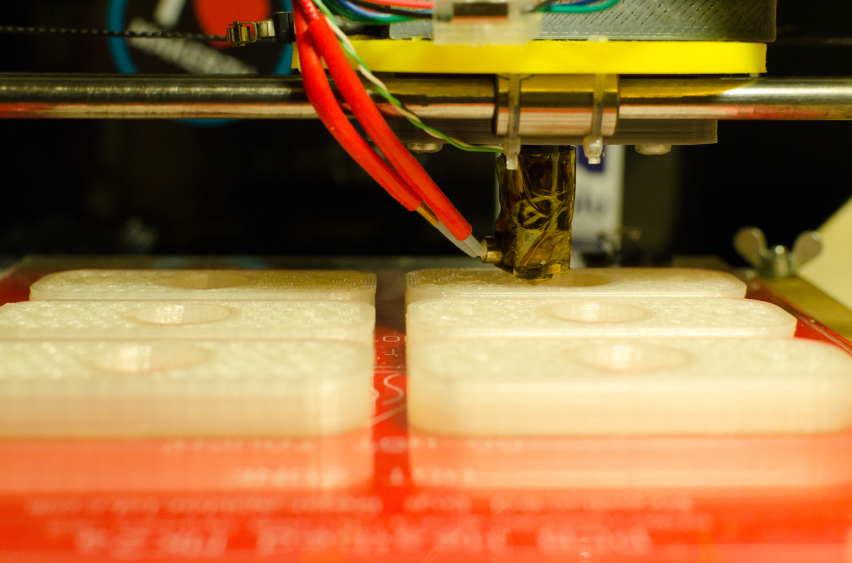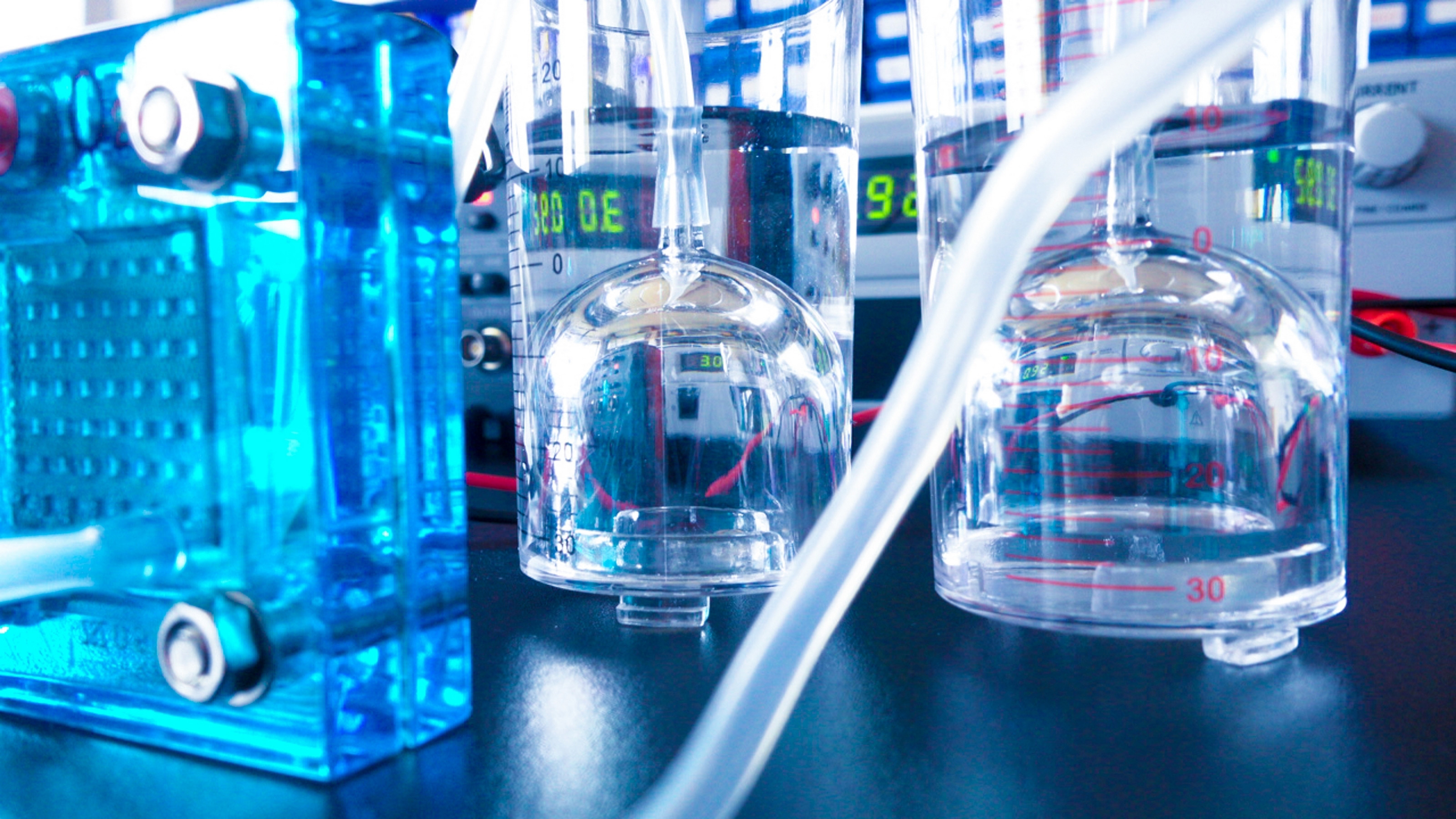Hope for arthritis sufferers: Researchers identify a chemical that can stop inflammatory cell death
07/13/2020 / By Divina Ramirez

A chemical called necrosulfonamide may help inhibit “cellular suicide” linked to arthritis, a recent animal study showed.
Published in Science Immunology, the study revealed that necrosulfonamide can prevent pyroptosis, a highly inflammatory form of programmed cell death that contributes to conditions like arthritis, live disease and inflammatory bowel disease (IBD). (Related: Cannabis found to reduce the symptoms of IBD.)
The undesirable effects of pyroptosis
Cell death is an important and inevitable event for different kinds of cells. Over the past couple of decades, researchers have discovered several types of cell death patterns. These patterns are generally classified into two: necrosis and apoptosis.
Necrosis pertains to cell death caused by a disease, infection or cell injury. Apoptosis, on the other hand, refers to programmed cell death.
In apoptosis, cells undergo a kind of “cellular suicide”. The cell is first fragmented into smaller pieces, and the resulting debris is then left for immune cells called phagocytes to get rid of.
Apoptosis is an important process since it helps eliminate pre-cancerous cells, as well as cells that have been infected by bacterial or viral pathogens.
Pyroptosis, on the other hand, is a highly inflammatory form of programmed cell death. It forms part of the immune system’s antimicrobial response since it is activated upon infection with intracellular pathogens.
Like apoptosis, pyroptosis depends upon the activation of a special enzyme called caspase-1, and it also plays an important role in eliminating cancer cells and stalling tumor development. But unlike apoptosis, pyroptosis inherently results in inflammation.
Because of this, scientists agree that pyroptosis can, in some cases, exacerbate inflammation. During pyroptosis, long chains of a protein called gasdermin D cluster inside cells, causing the formation of pores on the cell membrane.
Gasdermin D also releases molecules called interleukins that trigger inflammation. Together, these interleukins and the holes in the cell membrane contribute to the overactivation of the immune response, which results in chronic inflammation that causes arthritis.
Pyroptosis is also associated with inflammation in liver diseases like hepatitis and non-alcoholic steatohepatitis (NASH), as well as neurological diseases like Alzheimer’s disease and Parkinson’s disease.
Necrosulfonamide can ease inflammation
A team of researchers from Case Western Reserve University‘s School of Medicine and the Lerner Research Institute in Ohio found that the chemical necrosulfonamide can prevent gasdermin D-mediated pore formation in cell membranes.
According to Derek Abbott, one of the study authors, the lack of a verified mechanism that can inhibit pyroptotic pore formation in cell membranes convinced him and his team to find one that can be used to prevent disease-causing inflammation.
Abbott said that they considered necrosulfonamide as a potential solution since previous research has shown that it can inhibit another kind of pore formation. Thus, the team hypothesized that necrosulfonamide may be an effective treatment for diseases worsened by inflammation.
To test this hypothesis, the researchers exposed mice to bacterial proteins that cause inflammation and treated one group with necrosulfonamide. They found that the treated mice survived longer than the untreated mice. This led the researchers to believe that necrosulfonamide can help ease severe inflammation caused by bacterial infection.
Immune cells remain intact
The team also conducted an experiment on cultured human cells. Despite the presence of bacteria, immune cells exposed to necrosulfonamide remained intact. The cells did not release inflammatory molecules but continued to send signals like normal, healthy cells.
In addition, the researchers found that necrosulfonamide attaches to gasdermin D, which stops the protein from clustering inside cell membranes.
Joseph Rathkey, the study’s lead author, said that the results highlight the potential of necrosulfonamide as a gasdermin D inhibitor. As such, the chemical can inhibit pyroptosis in individuals with arthritis, as well as those with IBD.
Sources include:
Submit a correction >>
Tagged Under:
apoptosis, arthritis cures, breakthrough, chronic inflammation, discoveries, disease treatments, health science, immune system, necrosulfonamide, prevention, pyroptosis, research
This article may contain statements that reflect the opinion of the author
RECENT NEWS & ARTICLES
COPYRIGHT © 2018 BREAKTHROUGH.NEWS
All content posted on this site is protected under Free Speech. Breakthrough.news is not responsible for content written by contributing authors. The information on this site is provided for educational and entertainment purposes only. It is not intended as a substitute for professional advice of any kind. Breakthrough.news assumes no responsibility for the use or misuse of this material. All trademarks, registered trademarks and service marks mentioned on this site are the property of their respective owners.





















